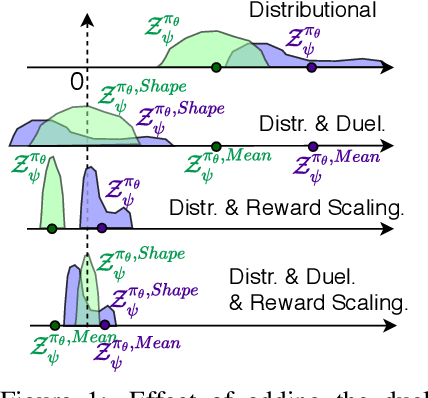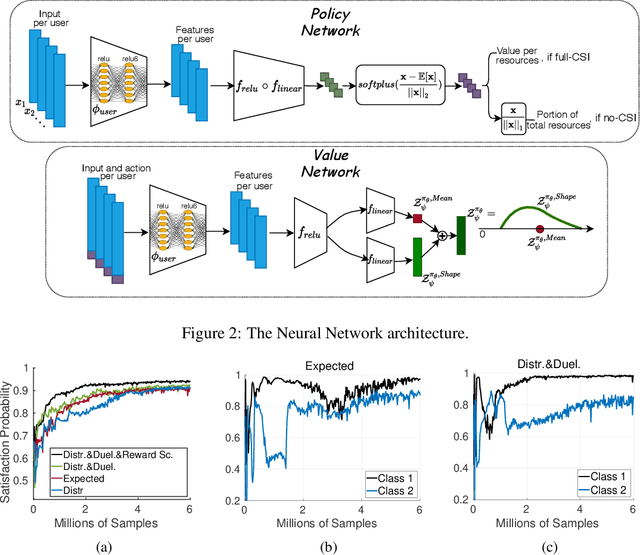Apostolos Avranas
EURECOM
Coded ResNeXt: a network for designing disentangled information paths
Feb 10, 2022



Abstract:To avoid treating neural networks as highly complex black boxes, the deep learning research community has tried to build interpretable models allowing humans to understand the decisions taken by the model. Unfortunately, the focus is mostly on manipulating only the very high-level features associated with the last layers. In this work, we look at neural network architectures for classification in a more general way and introduce an algorithm which defines before the training the paths of the network through which the per-class information flows. We show that using our algorithm we can extract a lighter single-purpose binary classifier for a particular class by removing the parameters that do not participate in the predefined information path of that class, which is approximately 60% of the total parameters. Notably, leveraging coding theory to design the information paths enables us to use intermediate network layers for making early predictions without having to evaluate the full network. We demonstrate that a slightly modified ResNeXt model, trained with our algorithm, can achieve higher classification accuracy on CIFAR-10/100 and ImageNet than the original ResNeXt, while having all the aforementioned properties.
Deep Reinforcement Learning for Wireless Scheduling with Multiclass Services
Nov 27, 2020



Abstract:In this paper, we investigate the problem of scheduling and resource allocation over a time varying set of clients with heterogeneous demands.In this context, a service provider has to schedule traffic destined to users with different classes of requirements and to allocate bandwidth resources over time as a means to efficiently satisfy service demands within a limited time horizon. This is a highly intricate problem, in particular in wireless communication systems, and solutions may involve tools stemming from diverse fields, including combinatorics and constrained optimization. Although recent work has successfully proposed solutions based on Deep Reinforcement Learning (DRL), the challenging setting of heterogeneous user traffic and demands has not been addressed. We propose a deep deterministic policy gradient algorithm that combines state-of-the-art techniques, namely Distributional RL and Deep Sets, to train a model for heterogeneous traffic scheduling. We test on diverse scenarios with different time dependence dynamics, users' requirements, and resources available, demonstrating consistent results using both synthetic and real data. We evaluate the algorithm on a wireless communication setting using both synthetic and real data and show significant gains in terms of Quality of Service (QoS) defined by the classes, against state-of-the-art conventional algorithms from combinatorics, optimization and scheduling metric(e.g. Knapsack, Integer Linear Programming, Frank-Wolfe, Exponential Rule).
 Add to Chrome
Add to Chrome Add to Firefox
Add to Firefox Add to Edge
Add to Edge